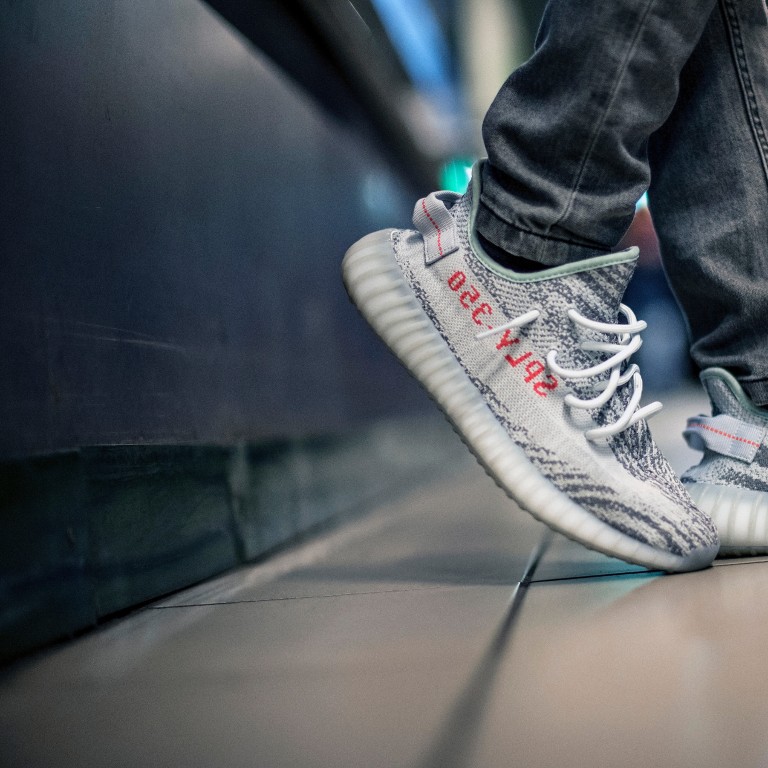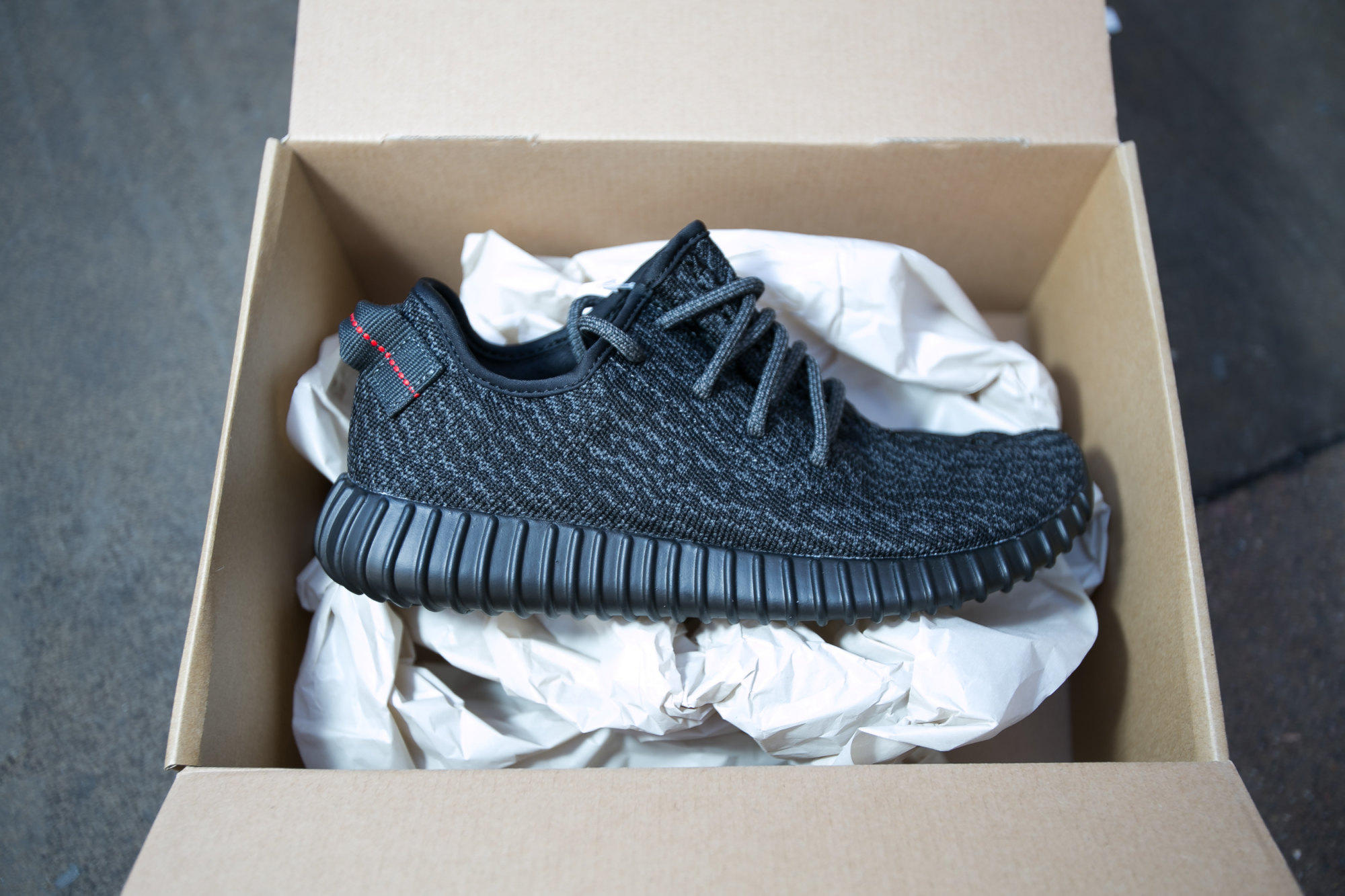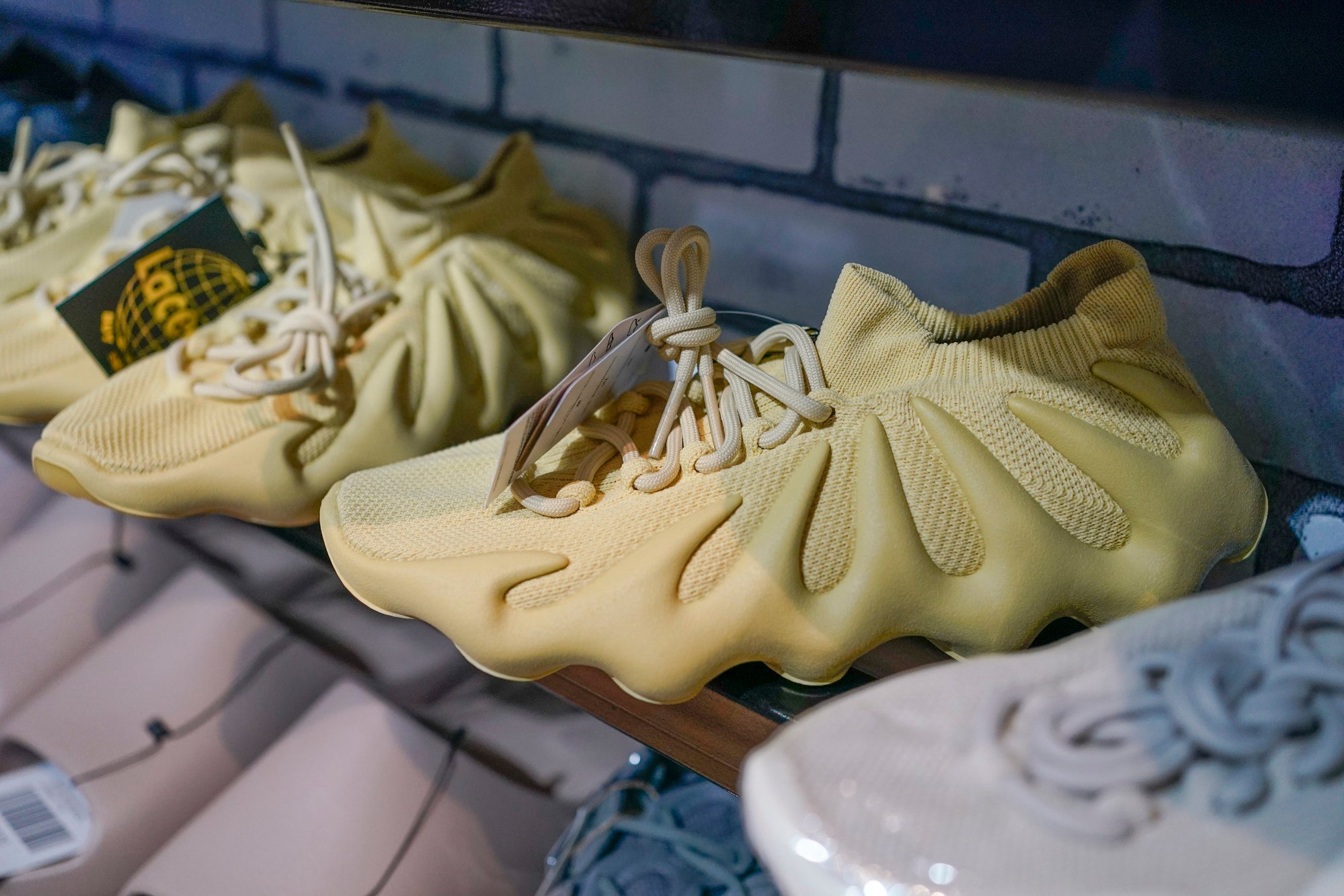
The Adidas-Kanye West divorce bill is in: ending sales of Yeezy sneakers will cut expected profits at sportswear company by over a third
- The sportswear company ended its relationship with rapper and designer Ye, formerly Kanye West, over offensive and anti-Semitic remarks he made
- That meant it stopped selling Yeezy sneakers, which analysts say account for half its profits. Adidas has cut a profit forecast to 2.5 per cent from 4 per cent
Adidas has slashed its profit forecast for the fourth time this year after ending its partnership with rapper Ye, formerly known as Kanye West, and discontinuing the lucrative Yeezy line of sneakers.
The German company said it now expects an operating margin of 2.5 per cent this year, down from a previous 4 per cent target. Operating margin is the profit a company makes per dollar of sales after deducting the direct costs of production and operating expenses.
The lower forecast reflects the company’s decision in October to end its collaboration with the rapper and designer after he made a string of offensive and anti-Semitic remarks. The Yeezy line accounted for about half of Adidas’ total profits, according to analysts.
Bjorn Gulden, the former chief executive of rival Puma, will take over as CEO in January. The company is seeking to revive its fortunes amid a panoply of challenges, including in China, once Adidas’s biggest growth engine, where sales are down by about a third so far this year amid consumer boycotts of Western brands.
Sell your ‘forever tarnished’ Yeezys before it’s too late – everyone else is
The challenges keep coming, from costs associated with pulling out of Russia to dealing with lacklustre demand and Covid lockdowns in China to fears of recession in the West.

For years, the Yeezy sneakers have been some of Adidas’ most expensive – and most sought-after – products.
A pair typically sold for about €230 (US$231) initially, more than twice the price of long-standing classics like the Superstar kicks. What’s more, Yeezy shoes have often fetched far more than that on the resale market, reinforcing the buzz around the product.
Now Adidas needs to figure out if it can keep successfully marketing shoes of the Yeezy design – just stripped of the Yeezy name.

Amid all these problems, Adidas is dealing with a situation where unsold goods are piling up.
The company also trimmed its forecast for revenue growth this year to a low-single-digit rate from a mid-single-digit goal.
Adidas is hoping the World Cup soccer tournament, which starts this month, will provide a boost.
Traditionally, the event has led to a surge in sales of jerseys and soccer gear – though the unusual timing of this year’s event and concern over the human rights record of host Qatar has so far limited the excitement.

